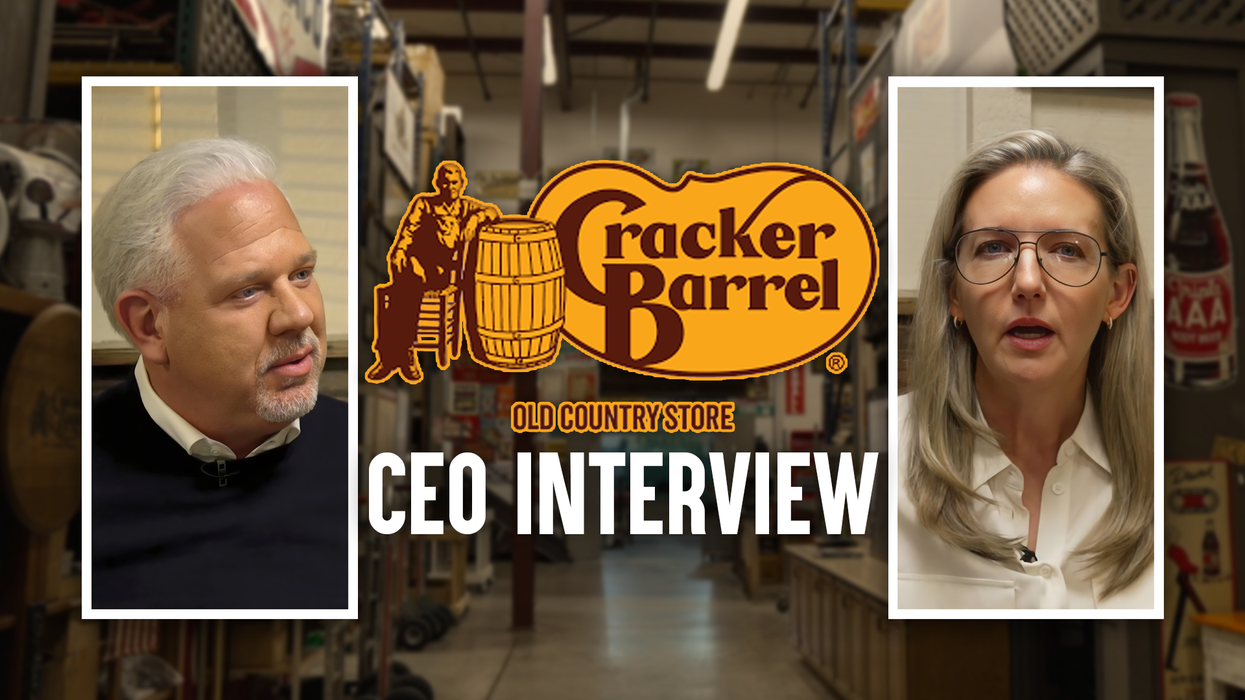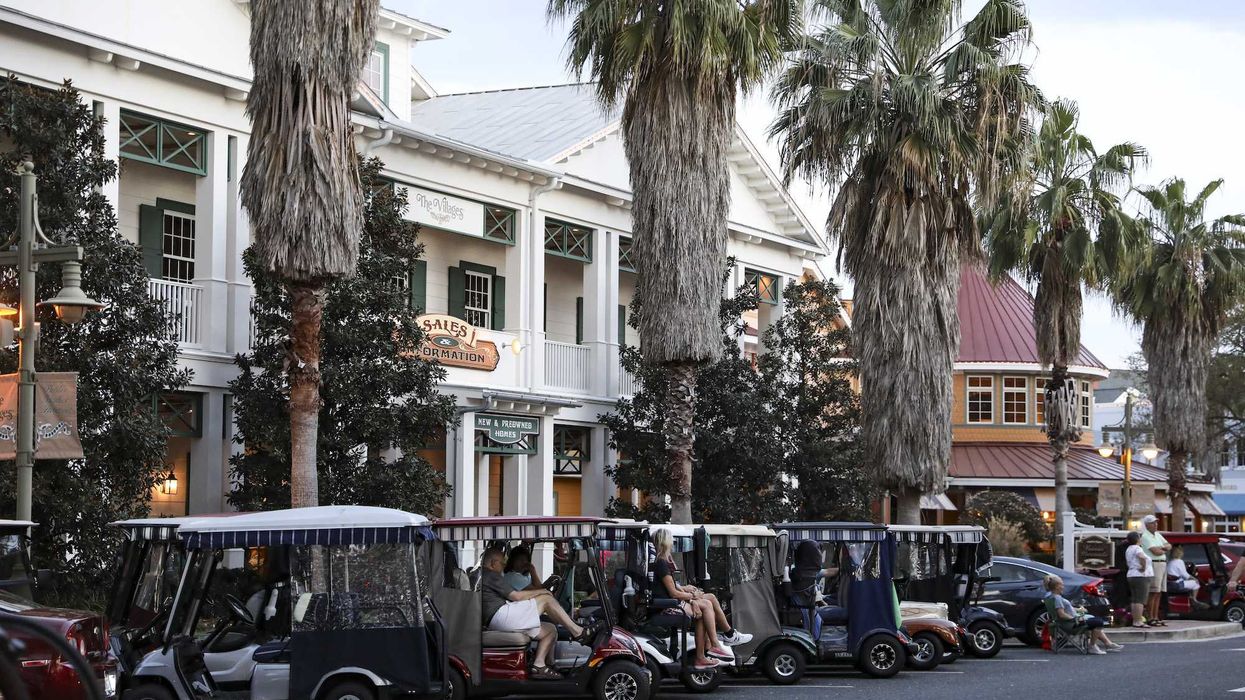
© 2025 Blaze Media LLC. All rights reserved.
U.S. border officials to inspect Jewish religious items for invasive pests
October 03, 2014
U.S. Customs and Border Protection said this week that border officials will be inspecting the organic materials people bring into the country for Sukkot, the Jewish harvest festival that begins next week.
CBP has precise rules that it says border officials will follow to inspect items like etrogs, palm fronds and twigs of willow and myrtle.
 Etrogs like this, along with other organic items used to celebrate the Jewish holiday Sukkot, will be subject to border inspection procedures in the United States.
Etrogs like this, along with other organic items used to celebrate the Jewish holiday Sukkot, will be subject to border inspection procedures in the United States.
Photo credit: Shutterstock
"CBP understands that observant travelers entering the United States during the Sukkot holiday might carry religious items in their vehicles if arriving at land border ports of entry or in their personal baggage if arriving by aircraft," CBP said Thursday. "These items are regulated to prevent the introduction of invasive pests and diseases."
Etrogs, or ethrogs, are yellow citrons used during the Jewish holiday. CBP says people can enter the U.S. through northern Atlantic and northern Pacific ports with their own etrogs after they are inspected by agriculture specialists.
"Travelers will be asked to open the container with the ethrog and unwrap it," CBP said. "The agriculture specialist will inspect the ethrog. If either insect stings or pests are found, the ethrog will be prohibited from entering the United States. If neither is found, the traveler will be allowed to rewrap and re-box the ethrog for entry into the United States."
Etrogs must be handled very delicately. According to Jewish law, any punctures or snapping off the stem renders it unusable for the holiday.
Palm fronds, willow and myrtle twigs are bundled together and ceremonially shaken during Sukkot. Palm fronds are also are used to make the roof of a sukkah, a temporary building where meals are eaten during the holiday.
Customs and Border Patrol said it will inspect single palm fronds and allow them in if no pests or diseases are found, along with twigs of willow and twigs of myrtle. But there are special rules for willow twigs.
"If the twigs of willow are from Europe, they will be prohibited from entering the United States," CBP said. "If they are from other than Europe, they will be inspected by agriculture specialists and released if no pests or symptoms of disease are found."
CBP also said if the willow twigs are green or have buds that have sprouted, they won't be allowed in. Officials will be less picky with twigs of myrtle, allowing them in as long as no pests or disease is found.
"As always, CBP is committed to treating all travelers, including travelers who may be observing Sukkot, with respect and dignity at all U.S. ports of entry," CBP said.
Want to leave a tip?
We answer to you. Help keep our content free of advertisers and big tech censorship by leaving a tip today.
Want to join the conversation?
Already a subscriber?
more stories
Sign up for the Blaze newsletter
By signing up, you agree to our Privacy Policy and Terms of Use, and agree to receive content that may sometimes include advertisements. You may opt out at any time.
Related Content
© 2025 Blaze Media LLC. All rights reserved.
Get the stories that matter most delivered directly to your inbox.
By signing up, you agree to our Privacy Policy and Terms of Use, and agree to receive content that may sometimes include advertisements. You may opt out at any time.





